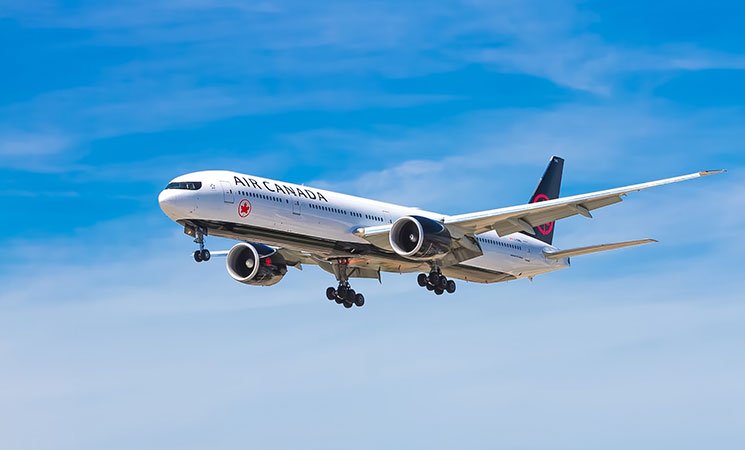Aviation, a complex and highly regulated industry, involves elements that must align seamlessly for safe and efficient operations. From maintenance and safety to personnel and equipment, multiple factors contribute to the success of aviation operations.

These key factors play a critical role in ensuring the smooth functioning of aviation operations.
1. Safety First
Safety is paramount in aviation. It is the linchpin upon which all other aspects of the industry rely. Aviation operations adhere to rigorous safety protocols and standards to minimize the risk of accidents and ensure the well-being of passengers and crew. Safety considerations encompass various areas, such as aircraft maintenance, training and certification, emergency response plans, and safety regulations.
Regular and meticulous maintenance of aircraft is non-negotiable. Rigorous inspections, repairs, and upgrades keep aircraft in optimal condition. Airlines and operators must adhere to strict maintenance schedules to ensure airworthiness. Pilots, cabin crew, and maintenance personnel must undergo extensive training and certification processes. These measures ensure that professionals in the aviation sector possess the knowledge and skills required to handle emergencies and operate equipment safely.
Aviation operations must have comprehensive emergency response plans. These plans include protocols for handling a wide range of scenarios. A comprehensive emergency response plan covers scenarios such as medical emergencies, extreme weather events, and unruly behavior. Regulatory bodies, such as the Federal Aviation Administration (FAA) in the United States and the European Union Aviation Safety Agency (EASA), enforce safety regulations and guidelines for the industry. Compliance with these regulations is mandatory.
2. Efficient Ground Operations
Efficient ground operations ensure that aircraft are properly prepared for flight and that passengers have a seamless experience. Ground operations encompass a range of activities, from baggage handling to refueling and maintenance. A critical component of these operations is the use of ground support equipment (GSE). GSE, including baggage loaders, pushback tractors, and aircraft tugs, plays a significant role in aviation ground operations. Investing in top brands of ground equipment is essential to ensure the reliability and performance of these machines. Quality equipment minimizes downtime, reduces the risk of accidents, and contributes to the overall efficiency of the operation.
Aviation professionals use GSE for various tasks, such as loading and unloading baggage, towing aircraft to and from gates, and transporting cargo. The top brands in this industry prioritize safety, durability, and innovation. This equipment can withstand the rigorous demands of aviation operations, ensuring that ground handling remains efficient and error-free. When you choose highly-rated GSE, you are investing in the long-term success of your operations. High-quality GSE offers reliability, which ultimately translates into cost savings and enhanced operational performance.
3. Skilled Workforce
The aviation industry relies on a highly skilled and dedicated workforce. Pilots, cabin crew, mechanics, air traffic controllers, and many other professionals ensure the industry’s success. These individuals undergo extensive training, obtain the necessary certifications, and continuously update their skills to adapt to the ever-evolving field of aviation. Pilots must undergo rigorous training, log flight hours, and obtain licenses specific to the type of aircraft they operate. Continued training and recurrent evaluations are crucial to maintaining their skills and knowledge.
Cabin crew members are responsible for the safety and comfort of passengers during flights. They undergo training that covers emergency procedures, first aid, and customer service to ensure passengers’ well-being. Aircraft maintenance personnel, including mechanics and technicians, play a crucial role in ensuring the airworthiness of planes. They must hold certifications and adhere to strict guidelines for aircraft inspection, repair, and maintenance. Air traffic controllers are responsible for the safe and orderly flow of air traffic. These employees must undergo extensive training to perform this critical role.
Conclusion
The aviation industry is a highly complex and regulated sector that relies on a delicate balance of factors for successful operations.
Safety is paramount and forms the foundation upon which all other elements depend. Efficient ground operations, including the use of high-quality GSE, contribute to the success of aviation activities. Lastly, a highly skilled and dedicated workforce ensures that the industry continues to operate safely and efficiently, adapting to the ever-evolving demands of modern aviation.
By focusing on these key factors, your aviation operation can continue to deliver safe and reliable air travel experiences for passengers around the world.

